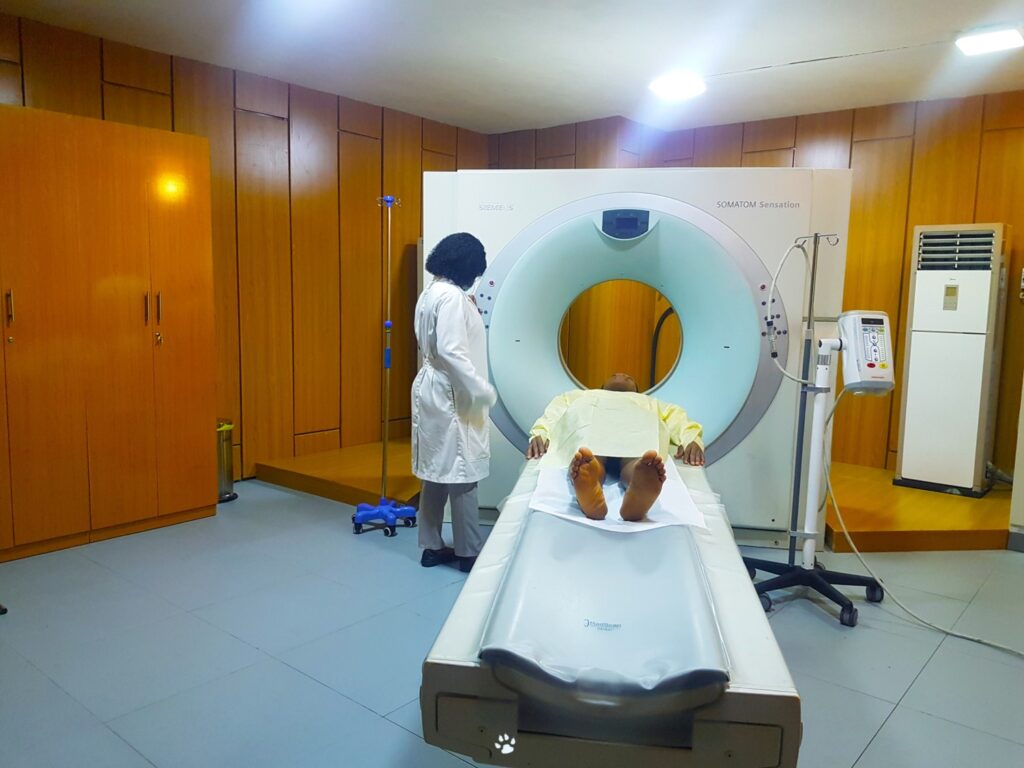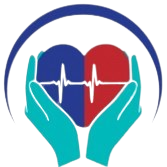At United Heart Hospital, we believe in the power of rehabilitation to restore and enhance the quality of life for individuals with cardiovascular diseases. In this blog post, we will explore the comprehensive cardiovascular rehabilitation programs offered at United Heart Hospital and how they can benefit your recovery journey. Trust in our expertise as we guide you towards a healthier and stronger heart.
Cardiovascular rehabilitation is a specialized program designed to help patients recover from heart-related conditions, such as heart attacks, heart surgeries, or heart failure. It involves a multidisciplinary approach, combining exercise training, education, counseling, and lifestyle modifications.

Our highly skilled team of healthcare professionals, including cardiologists, physiotherapists, nutritionists, and psychologists, collaborate to create personalized rehabilitation plans tailored to your unique needs and goals.
Exercise training is a cornerstone of cardiovascular rehabilitation. Our experienced physiotherapists develop exercise programs that are safe and effective for your condition, helping you gradually improve cardiovascular fitness, strength, and endurance. Regular exercise under professional guidance can improve heart function, reduce symptoms, and enhance overall well-being.
Education is a crucial component of rehabilitation. Our experts provide valuable information about your condition, medications, risk factor management, and healthy lifestyle choices. By empowering you with knowledge, we enable you to make informed decisions about your health and take control of your recovery.

Counseling and psychological support play a vital role in cardiovascular rehabilitation. Our dedicated psychologists provide emotional guidance and help you cope with the challenges associated with your condition. Addressing emotional well-being is essential for a holistic recovery and improved quality of life.
Lifestyle modifications are key to preventing future cardiovascular events. Our nutritionists offer dietary guidance, helping you adopt heart-healthy eating habits. They work with you to develop personalized meal plans that focus on reducing saturated fats, sodium, and added sugars while emphasizing nutrient-rich foods.
United Heart Hospital’s cardiovascular rehabilitation programs are designed to optimize your recovery and prevent future complications. We are committed to providing ongoing support and monitoring to ensure your progress and well-being.
Partner with United Heart Hospital on your journey towards cardiovascular rehabilitation. Our compassionate team is here to guide you every step of the way, helping you regain your strength, confidence, and overall health.

Contact us at info@unitedheartltd.com or call 09030001144 to learn more about our cardiovascular rehabilitation programs and take the first step towards a healthier heart and a brighter future. Trust in United Heart Hospital’s expertise as we stand by your side in your path to recovery.























